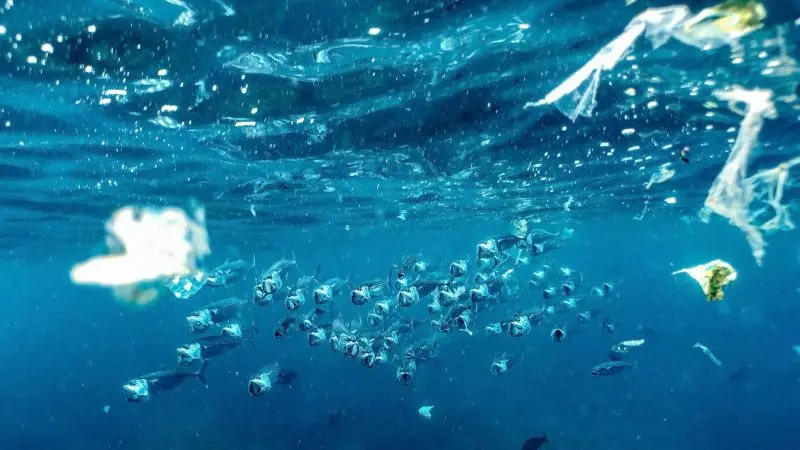An international team of scientists has discovered that microplastics can penetrate the brain just two hours after entering the body. Researchers from the Medical University of Vienna (Austria) and Vassar College (USA) have proven that there are no boundaries for these hazardous particles.
Previously, scientists believed that microplastic particles were unable to cross the so-called blood-brain barrier, which reliably protects the central nervous system. However, it turns out that these ubiquitous particles, which seriously harm the planet’s ecosystem, can do so.
They pose an even greater threat to our health than previously thought. Once plastic reaches the brain, it can cause inflammation and disrupt the functioning of neurons. This is likely to lead to the development of many neurological or even neurodegenerative diseases, such as Alzheimer’s or Parkinson’s disease, noted Dr. Lukas Kenner, the lead author of the study.
What scientists have learned
During their research, scientists analyzed data on the penetration of plastic particles along with food into the bodies of six mice.
Scientists were interested in whether microplastics can cross the blood-brain barrier in mice. They also have a protective mechanism from blood vessels and tissues that shields the brain from harmful substances.
Ultimately, the research showed that tiny microplastic particles, measuring no more than 0.001 mm, managed to penetrate into brain They managed to do it in just two hours. Dr. Lukas Kenner and his colleagues shared details of their work in an article for the journal Nanomaterials.
A brief overview of microplastic
Microplastics are small particles of synthetic polymers measuring less than five millimeters. They are extremely widespread and very dangerous for human health and the planet’s ecology.
These particles are found in food products, packaging, and bottled water. They can also be found in kitchen utensils, particularly in non-stick cookware. Additionally, they are present in clothing, toys, and other household items, the publication reported. Daily Mail .
Microplastics are even found in the organs of embryos developing in the mother’s womb and in maternal milk. According to a report from the University of Minnesota (USA), microplastics are present in approximately 80 percent of the world’s drinking water supplies.

